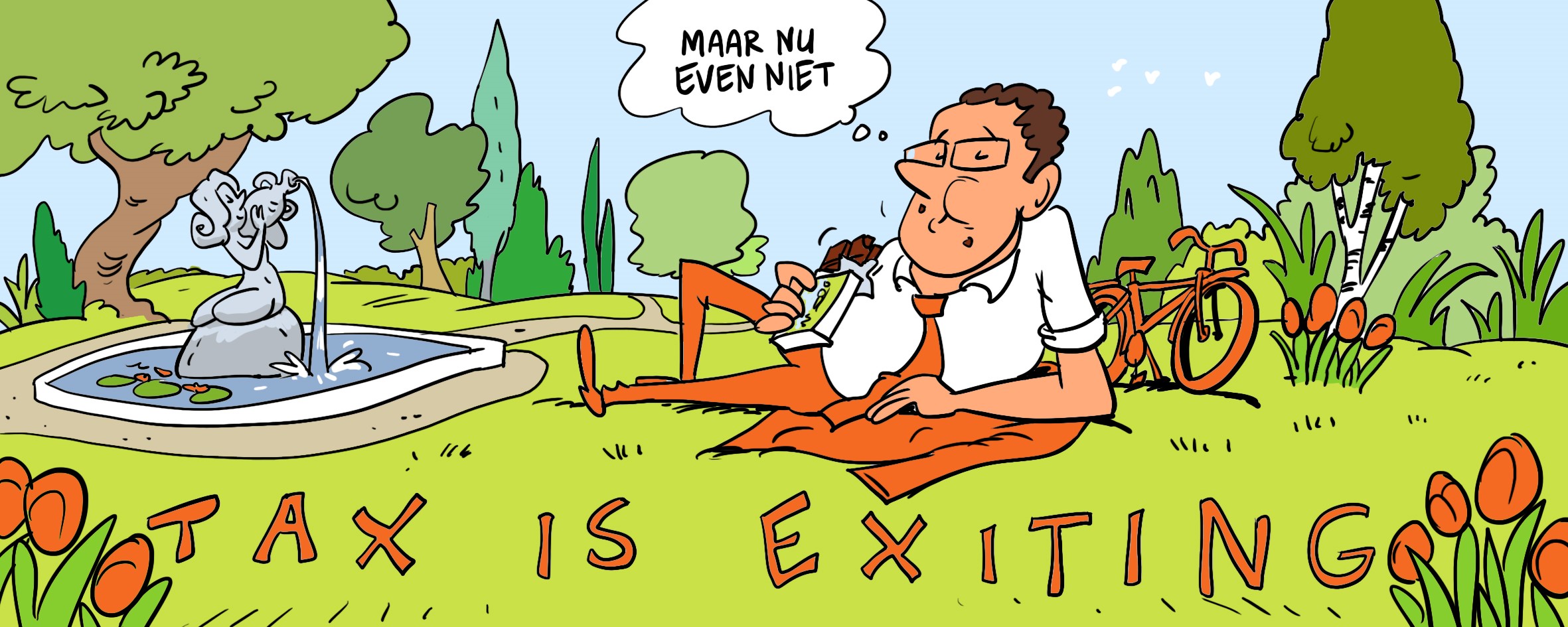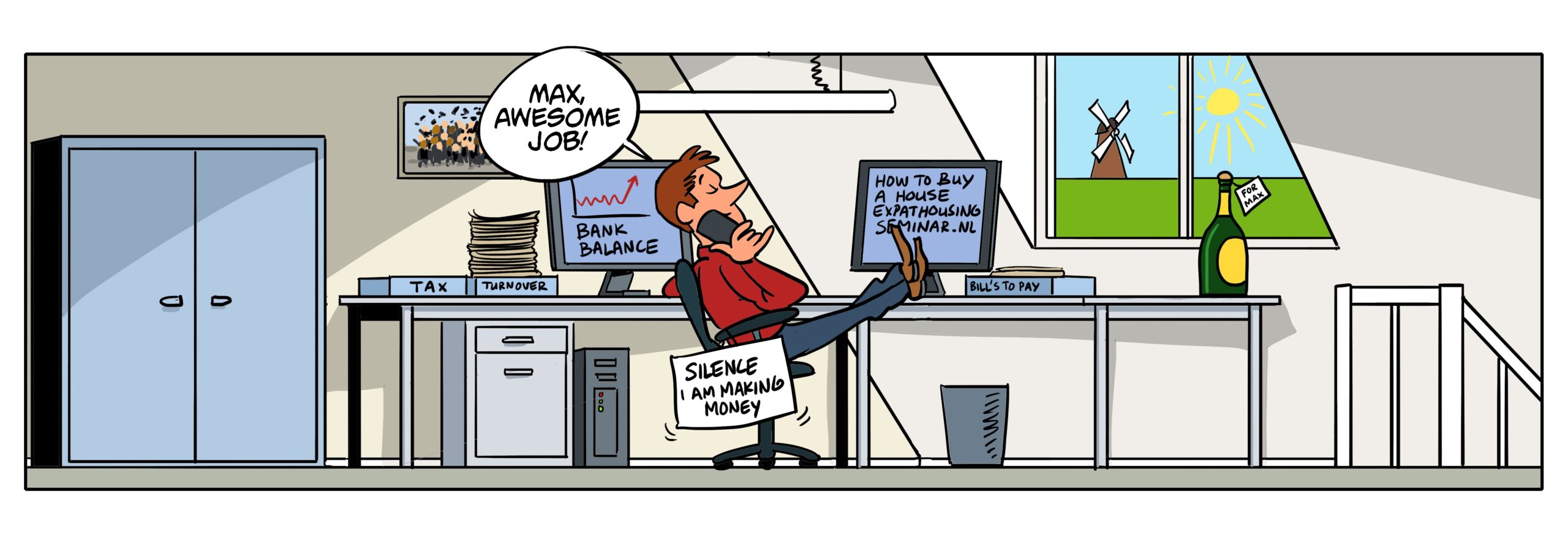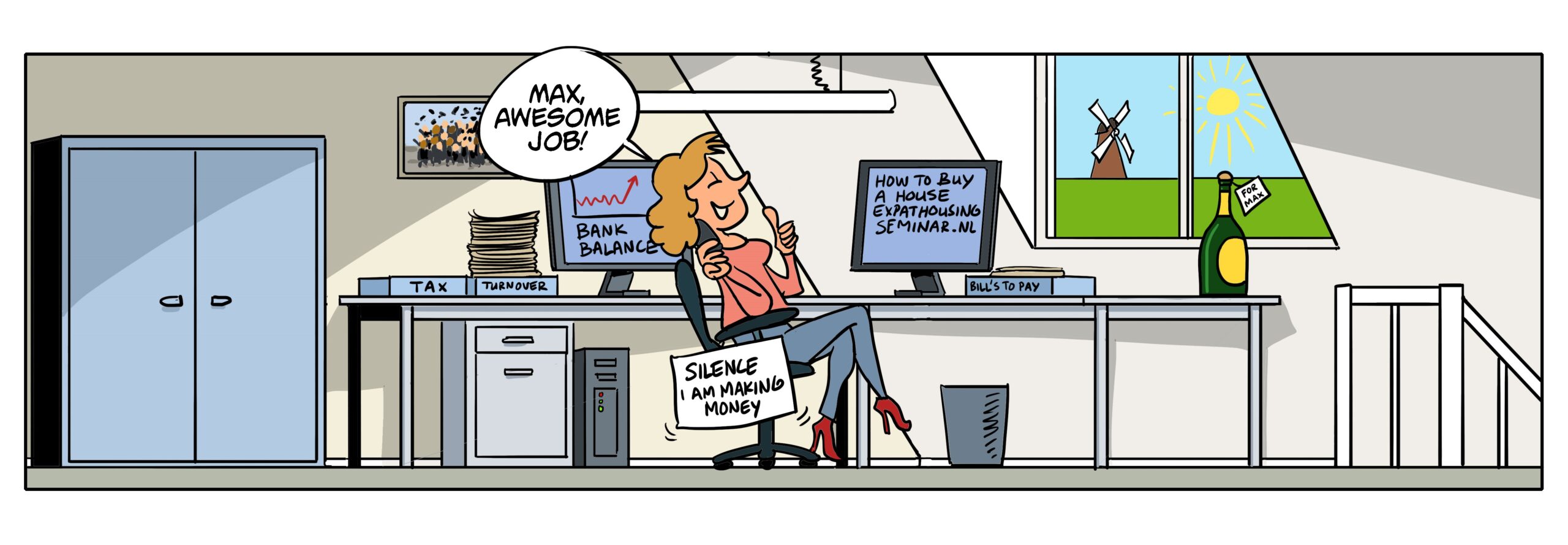Double tax relief is a self-explanatory phrase. Nevertheless, the interpretation of what is actually suitable for a double taxation relief is for some up to debate. Let us have a look.
Double tax relief
The idea of the double tax relief is that you should not be taxed twice for the same source of income or for the same asset.
Example of double taxation relief
What examples do we have in double taxation relief. The most common for us that for the property you own abroad, or if you are living abroad, the property you own in the Netherlands. The tax treaties stated that the property is taxed in the country where the property is located.
You own for instance a property in France. The French do tax that property with French tax. Then in the Dutch income tax return you need to report your worldwide income and assets. Hence you report again the French property. The tax treaty with France states that France can tax the property in France and the Dutch cannot. So you claim in the income tax return a double taxation relief for the French property. By doing this, you only pay one time the tax over the property.

What is the debatable part?
We are not debating this part, but some persons we encounter do, just to be exact. If you work for a foreign company while living in the Netherlands, you work remote. The rule with labour is that labour is subject to tax in the country where the work is actually being done.
The problem with working remote is multiple. It is not straight forward for the employer. Often the employer is not aware of the rules, or the employer is aware of the rules but does not want to commit or pay for the extra costs.
If you work remote for a foreign employer, the foreign employer is to pay Dutch wage tax and social premiums. That is in line with the rule that labour is taxed in the country where it is actually performed. In the Dutch income tax return you report the foreign income and you claim a double taxation relief. This is done by you, as the employer deducted already their local tax and social premiums. Obviously the Dutch tax office does not grant the double taxation relief as by working remote in the Netherlands, the income is to be taxed in the Netherlands.
The foreign employer is to redo the payroll in the sense that no local tax or social premiums should be withheld, only Dutch. We happen to have a splendid solution for this situation that we very much like to provide to foreign employers with employees in the Netherlands.
183 day rule
More or less instantly the 183 day rule is thrown at us. “I was working less than 183 days in 2022 for that foreign employer, hence no Dutch tax is to be withheld” . Sadly, the 183 day rule is meant for the employee to avoid becoming a tax resident, in this case, of the Netherlands. But if you are living and working in the Netherlands, you are already a Dutch tax resident. In other words, the 183 day rule does not apply, it nearly never does apply.
Tax is exciting
We think tax is exciting. As we are focus on providing a service to the international, we are very much aware of the tax treaties. Between tax treaties there are substantial differences, hence we need to check before we act. All part of our regular service of filling the income tax return at a fixed fee.





